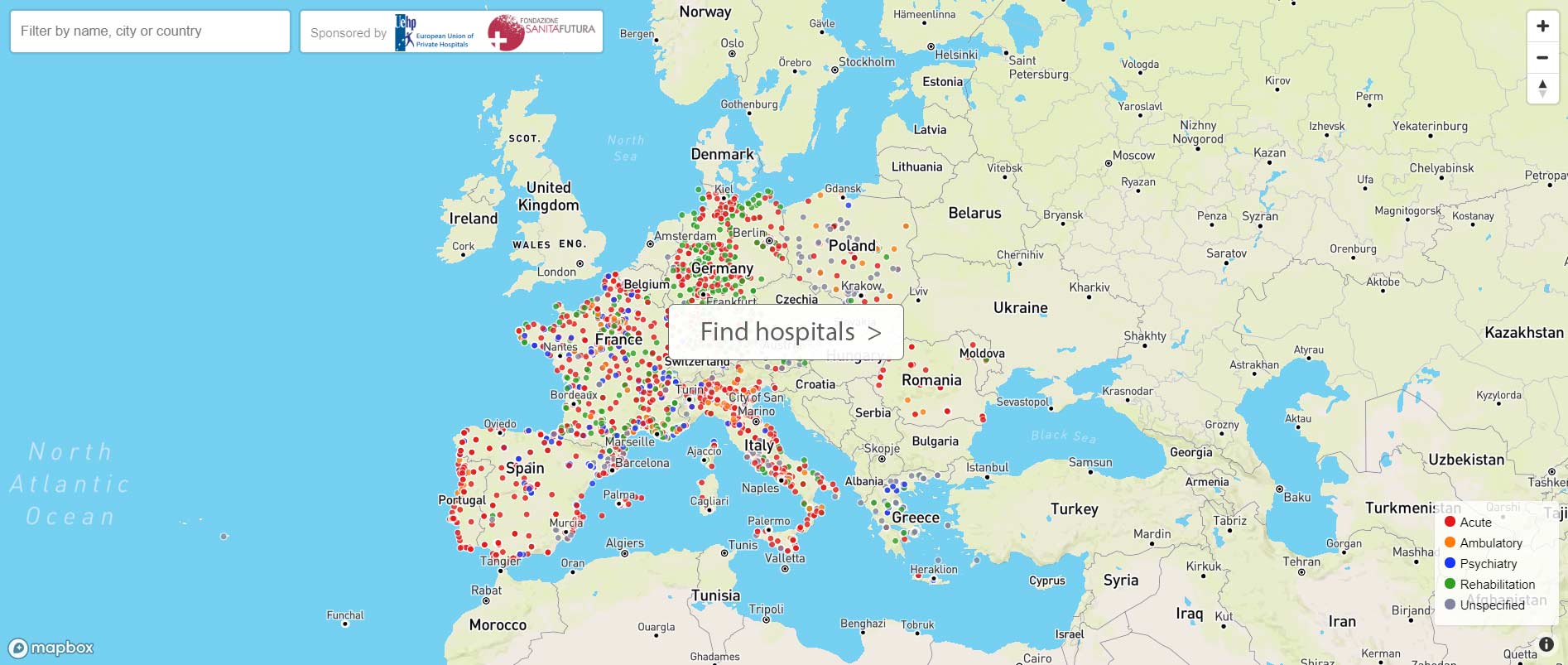May 2022 – The European Commission just published the Study supporting the evaluation of the Directive 2011/24/EU to ensure patients’ rights in the EU in cross-border healthcare.
This study supports the European Commission in its ex-post evaluation of the Directive 2011/24/EU on the application of patients’ rights in cross-border healthcare to take stock on its achievements and shortcomings ten years after its adoption.
Relying on an extensive review of the literature, a public consultation and targeted consultation activities, the study has found mixed results in the implementation of the Directive in terms of its provisions on patients’ rights and cooperation between Member States in rare and low prevalence diseases and the establishment of the European Reference Networks (ERN), virtual networks involving healthcare providers across Europe.
The Directive is a valuable legal instrument that has brought certainty and a clear legal framework for EU citizens to exercise their rights to cross-border healthcare and the free movement of services. It responds to current needs of patients and provides EU added value. However, in spite of removing some obstacles, some important barriers to cross-border care persist, such as a general lack of awareness of patients of their rights and entitlements, issues regarding information provision by Member States, as well as problems with the national implementation of some of its provisions that have led to complicated administrative procedures. While increasing patient flow across borders is not an objective, these have been low under the Directive. This has meant that the impact of the Directive has been minor for national health systems, but also has limited the benefits for patients in general. In terms of cooperation in rare diseases and the ERNs, the study shows promising results in terms of their relevance to address current and future patient needs as well as their effectiveness in meeting their objectives, their coherence with the wider EU policy and activities in the field of rare diseases and their clear EU added value. However, there are some issues affecting the effectiveness of the networks, the most important being the weak integration of the networks in national health systems and the absence of reimbursement mechanisms for the time spent by healthcare professionals in virtual consultations.
More information and to download the study: HERE


